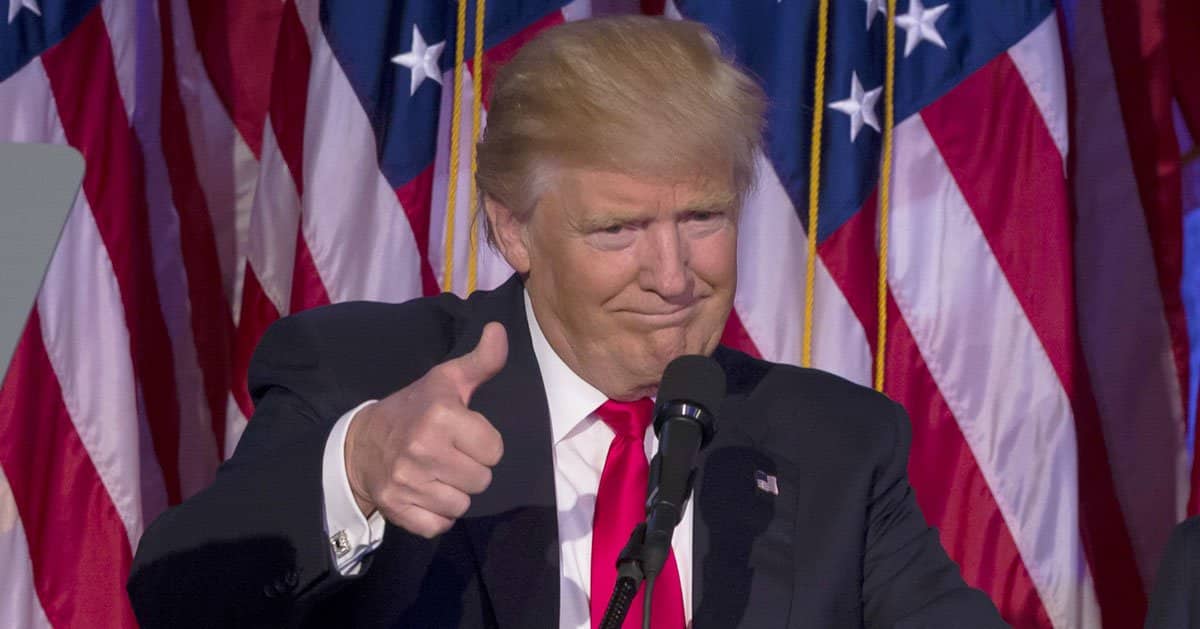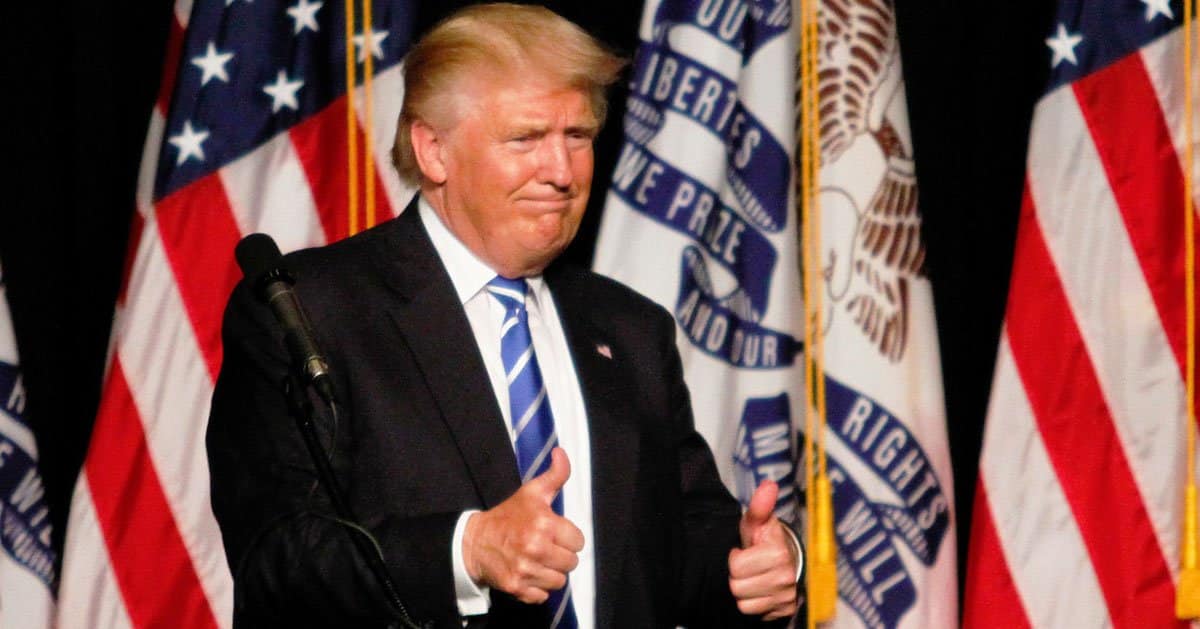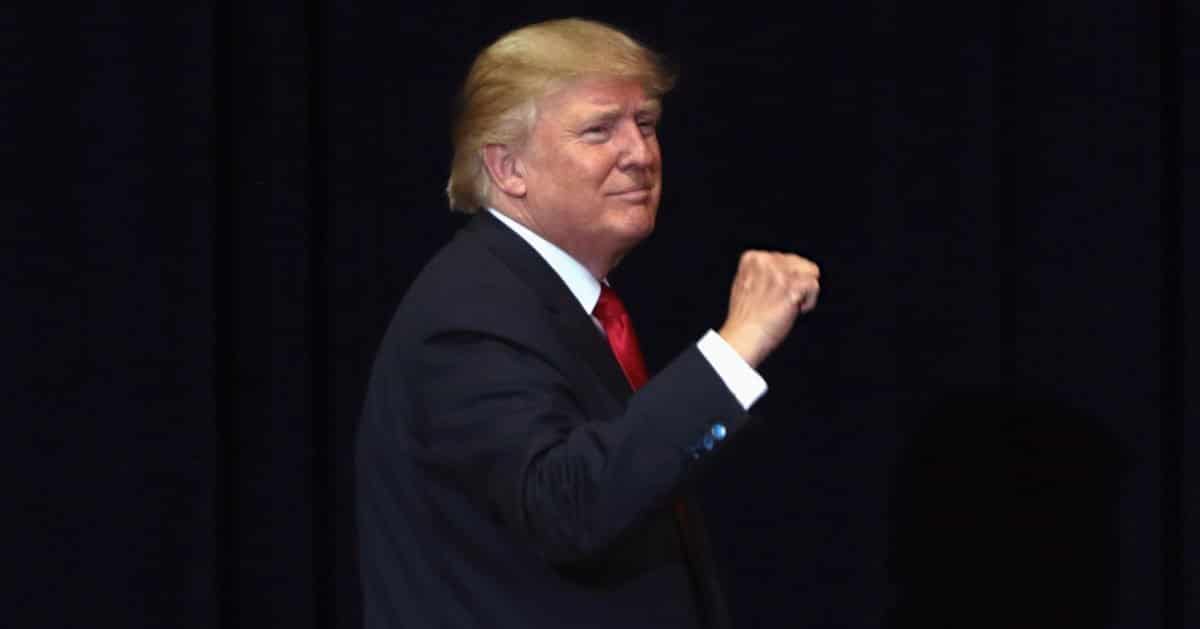








The Department of Government Efficiency (DOGE), under the direction of Elon Musk, recently recovered $1.9 billion in funds misallocated from the Department of Housing and Urban Development (HUD) during the Biden administration.
Fox News reported that in a collaborative effort, DOGE and HUD managed to reclaim a substantial financial sum that originally went astray due to administrative inefficiencies.
The $1.9 billion recovered was initially set aside for the administration of financial services but was deemed superfluous.
Elon Musk's team made the significant announcement that underscores DOGE’s commitment to fiscal responsibility. This critical move demonstrates the effectiveness of DOGE in identifying misallocated resources.
HUD Secretary Scott Turner played a crucial role in coordinating with DOGE to ensure the return of the funds. His collaboration was instrumental in facilitating this financial recovery, ensuring the recouped funds could support governmental responsibilities more effectively.
Turner, in an effort to enhance HUD’s financial practices, has taken additional steps to promote fiscal accountability within the department. Recently, his team identified $260 million in potential savings, which contributes to a broader strategy of resource optimization.
DOGE's efforts extend beyond this recent recovery. The department has actively targeted billions of dollars deemed questionable in government spending since its inception. Through such actions, DOGE aims to transform governmental financial practices.
HUD has responded to these discoveries by integrating a special task force within DOGE. This unit is tasked with ensuring that each dollar spent is scrutinized for efficiency and necessity. Turner elaborated on this initiative via a post on X, formerly known as Twitter, emphasizing their commitment to judicious fiscal management.
“We will be very detailed and deliberate,” Turner said, regarding the allocation of resources to serve diverse communities across the United States.
His statement underscored the importance of transparency and accountability as guiding principles for HUD’s financial oversight.
DOGE's focus on correcting past fiscal errors has also drawn attention to questionable expenditures carried over from the Biden administration. Notably, EPA Administrator Lee Zeldin canceled a $50 million grant intended for environmental justice, adding to the growing list of scrutinized financial allocations.
The environmental grant, set during the Biden era, was one of several financial decisions re-evaluated by DOGE. This scrutiny has broader implications for how public funds are allocated for environmental projects and other governmental initiatives.
Another significant instance brought to light by Zeldin was a $160 million payment directed to a Canadian electric bus manufacturer.
This company eventually declared bankruptcy, raising concerns about the allocation process and decision-making criteria used during its sponsorship.
These findings have incited discussions about the sustainability and appropriateness of government-backed financial initiatives. They also emphasize the need for rigorous examination of governmental expenditures to prevent future misallocations.
DOGE’s work has become a benchmark for fiscal responsibility, promoting a culture of accountability that encourages other departments to adopt similar practices.
Musk’s leadership highlights the potential for innovation in government operations, aligning technological advances with fiscal prudence.
By recovering misplaced funds, DOGE aims to inspire transparent governmental practices that align with public expectations and economic realities. Such efforts underscore the need for comprehensive strategies in managing public resources responsibly.



